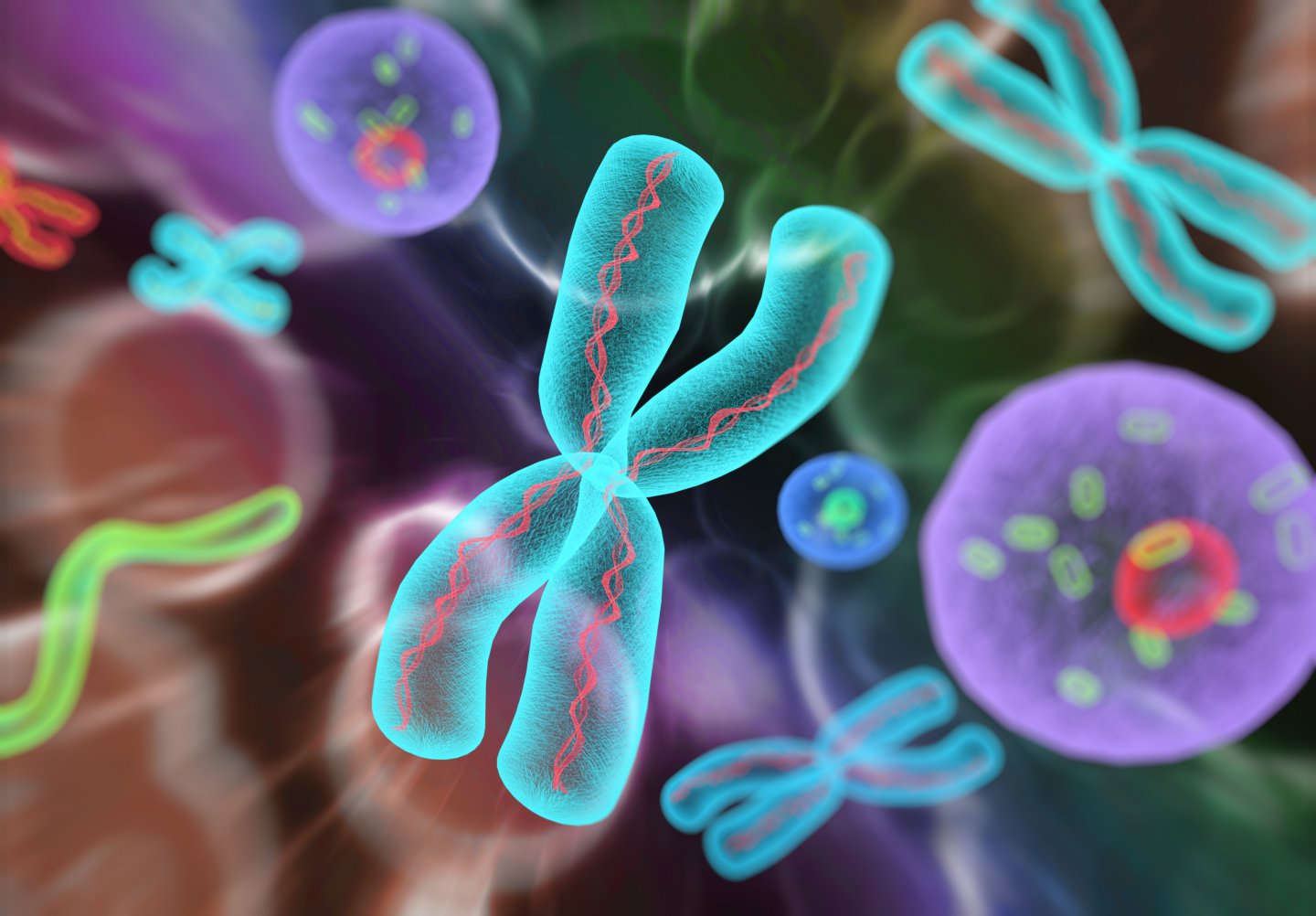The Sanford Burnham Prebys Cancer Center is hosting a special seminar on Monday, March 25, from noon to 1 p.m. at the Fishman Auditorium in Building 4 on the Sanford Burnham Prebys campus, 10901 North Torrey Pines Road, La Jolla, Calif., 92037.
The seminar’s featured speaker is Eric S. Fischer, PhD, professor of biological chemistry and molecular pharmacology at Harvard University. Fischer will discuss the topic, “Molecular Mechanisms of Ubiquitin Ligases– From Structure to Therapies.” More details on the seminar subject are available in the abstract below.
Abstract: Small molecules that induce protein degradation through ligase-mediated ubiquitination have shown considerable promise as a new pharmacological modality. Thalidomide and related immunomodulatory drugs provided the clinical proof of concept while significant progress has recently been made towards chemically induced targeted protein degradation using heterobifunctional small molecule ligands. Fischer will present recent work to develop a better understanding of the molecular principles that govern neo-substrate recruitment and its application to the development of small molecule degraders.
For more information on the seminar, please contact Valerie Alanis at valanis@sbpdiscovery.org
Pizza and refreshments will be served.

